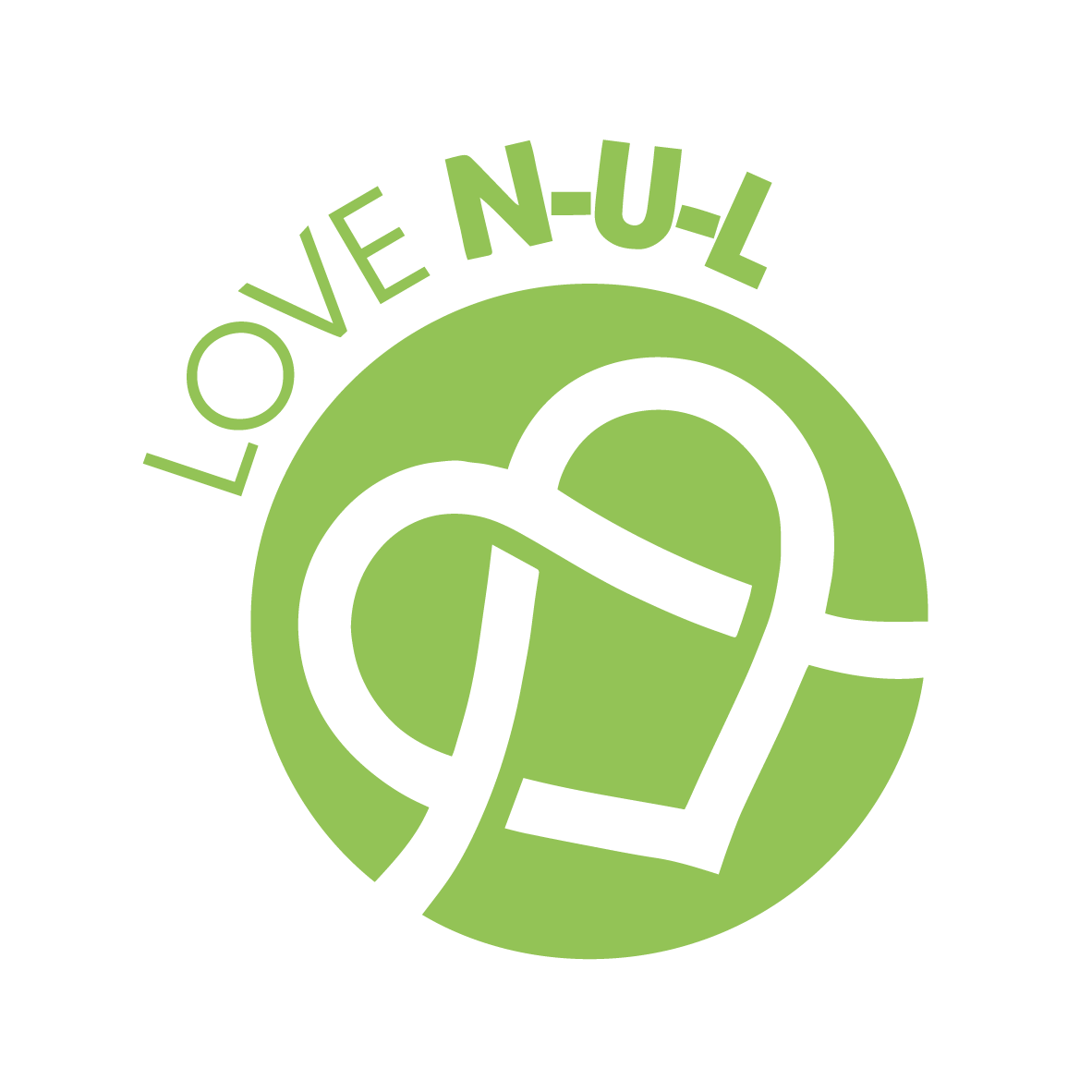Newcastle-under-Lyme Business Improvement District (BID) is a not-for-profit, independent organisation set up to improve Newcastle-under-Lyme for all. We invest to make improvements and enhancements in Newcastle town centre through partnership with its business community.
BID Overview
Since its launch in 2015, the BID, with the support of local business owners, stakeholders and key partners has invested more than £4.5m into projects and initiatives for the town centre. It has proven itself to be a forward thinking and effective delivery organisation, driving positive change. We are democratically elected by businesses situated within our operational boundary and our community is primarily made up of businesses from the retail, hospitality, leisure and professional sectors with a large number of independent businesses.
These businesses pay a levy to fund the BID and its many projects, which include street cleaning, animating public spaces, boosting skills and training, and welcoming visitors to the city.
Newcastle-under-Lyme BID is one of around 300 operational BIDs across the UK. All hereditaments (rateable commercial premises) within the BID area with a rateable value of over £12,001 are required to pay the mandatory levy.
In March 2021 we were delighted to be voted in for a second five-year term.
“The BID is our chance to work together to help Newcastle-under-Lyme reach its full potential. With businesses involvement we are able to deliver projects and support to make that happen.”
Eddie Lelegdowicz, BID Board Director and Chairman
£ Investment planned over 5 years (up to 2026)
Average Annual Levy Income (£)
BID Levy Payers
BID Objectives
The BID’s programme of investent will be delivered through the three key strategic objectives and their related activities:
Objective 1.
Support business growth and investment with a great business offer.
To support the growth, development, and investment of businesses by working in partnership with key stakeholders to enhance Newcastle-under-Lyme as an attractive and forward-thinking town.
Objective 2.
Create a welcoming and attractive town, ensuring a safe experience.
To create a safe and appealing town that can be enjoyed by the local community, visitors, and people who work in Newcastle-under-Lyme.
Objective 3.
Celebrate and promote Newcastle-under-Lyme as a town for all, preserving the heritage and cultural aspect of the area.
To develop, build awareness and promote locally the identity of Newcastle-under-Lyme through collaboration with a community focus.
Your BID Team


Louise Smith
Marketing & Projects Executieve
marketing@nulbid.co.uk

TBC
TBC
The BID Board
Newcastle-under-Lyme BID Board is formed predominantly from those who pay a levy in the area and made up of a representative cross-section of businesses, stakeholders and key agencies associated with the successful delivery of the BID project. The role of the Board is to safeguard the interests of the levy payers by ensuring that the BID operates in line with the Business Plan and offers consistent value for money in line with its targets.

Eddie Lelegdowicz
BID Director and Chairman of the Board
Lemaca (McDonalds)

Nigel Davies
BID Director and Vice Chairman of the Board
Boss & Sons and Castle Art

Fiona Wallace
Board Director
New Vic Theatre

Councillour Stephen Sweeney
Board Director
Newcastle-under-Lyme Borough Council LEader

Jane Tunicliff
Board Director
Newcastle-under-Lyme College

Christopher Maydew
Board Director
Rory Mack Chartered Surveyors
Frequently Asked Questions
What is a BID?
A Business Improvement District (BID) is a business led and business funded scheme to improve a defined commercial area, such as a town centre or industrial estate through additional services or new initiatives.
Government legislation enabling the formation of BIDs, was introduced into England and Wales in 2003, empowering businesses to ‘raise funds locally to be spent locally’ on improving their trading environment.
How is a bid funded?
BIDs are funded through a nominal levy calculated on the rateable value of all businesses within a defined area. Although the percentage can be set higher or lower, most BIDs apply 1% or 2% levies and sometimes exempt very small ratepayers.
Whilst the majority of income will come from the private sector, non-domestic rate-payers from the public and voluntary sector will also contribute towards the BID.
This levy income can be used to lever in more funding; for example from public sector agencies, grant bodies, sponsorship, landowners and trading income during the 5 year scheme, maximising the potential funding stream and the benefits that the BID can achieve.
How is a bid established?
The process of developing a BID involves extensive consultation with businesses to establish what improvements they want and may be prepared to pay for. A BID Proposal is then produced and a 28 day postal ballot held where businesses vote ‘for’ or ‘against’ the proposed programme.
For the BID to go ahead, two conditions must be met; firstly, a majority of those voting have to vote ‘yes’ and secondly those ‘yes’ votes have to represent more than 50% of the total rateable value of all votes cast. There is no minimum turnout threshold. If these conditions are fulfilled, payment of the levy becomes mandatory for all businesses regardless of how they voted. So, a BID will only be established if the majority of businesses, by number and rateable value, want it.
How can a BID benefit businesses?
BIDs are viewed by many businesses as a fair and affordable way of creating a ring fenced fund for up to 5 years that is ‘managed by business for business.’
Town centre BIDs generally focus on increasing footfall and generating additional consumer spend, something that has been particularly relevant to businesses in the recent economic climate. Across the UK there is clear evidence of the success of BID schemes which have led to increased footfall, higher spending, cleaner, safer and more vibrant towns.
For further information on Business Improvement Districts in the UK visit the UK BIDs website

